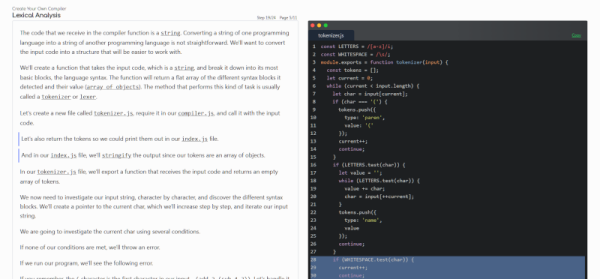In the previous article we looked at designing a lock-free ring buffer (LFRB) in Ada, contrasting and comparing it with the C++-based version which it is based on, and highlighting the Ada way of doing things. In this article we’ll cover implementing the LFRB, including the data request task that the LFRB will be using to fill the buffer with. Accompanying the LFRB is a test driver, which will allow us to not only demonstrate the usage of the LFRB, but also to verify the correctness of the code.
This test driver is uncomplicated: in the main task it sets up the LFRB with a 20 byte buffer, after which it begins to read 8 byte sections. This will trigger the LFRB to begin requesting data from the data request task, with this data request task setting an end-of-file (EoF) state after writing 100 bytes. The main task will keep reading 8-byte chunks until the LFRB is empty. It will also compare the read byte values with the expected value, being the value range of 0 to 99.
Continue reading “Programming Ada: Implementing The Lock-Free Ring Buffer”
















